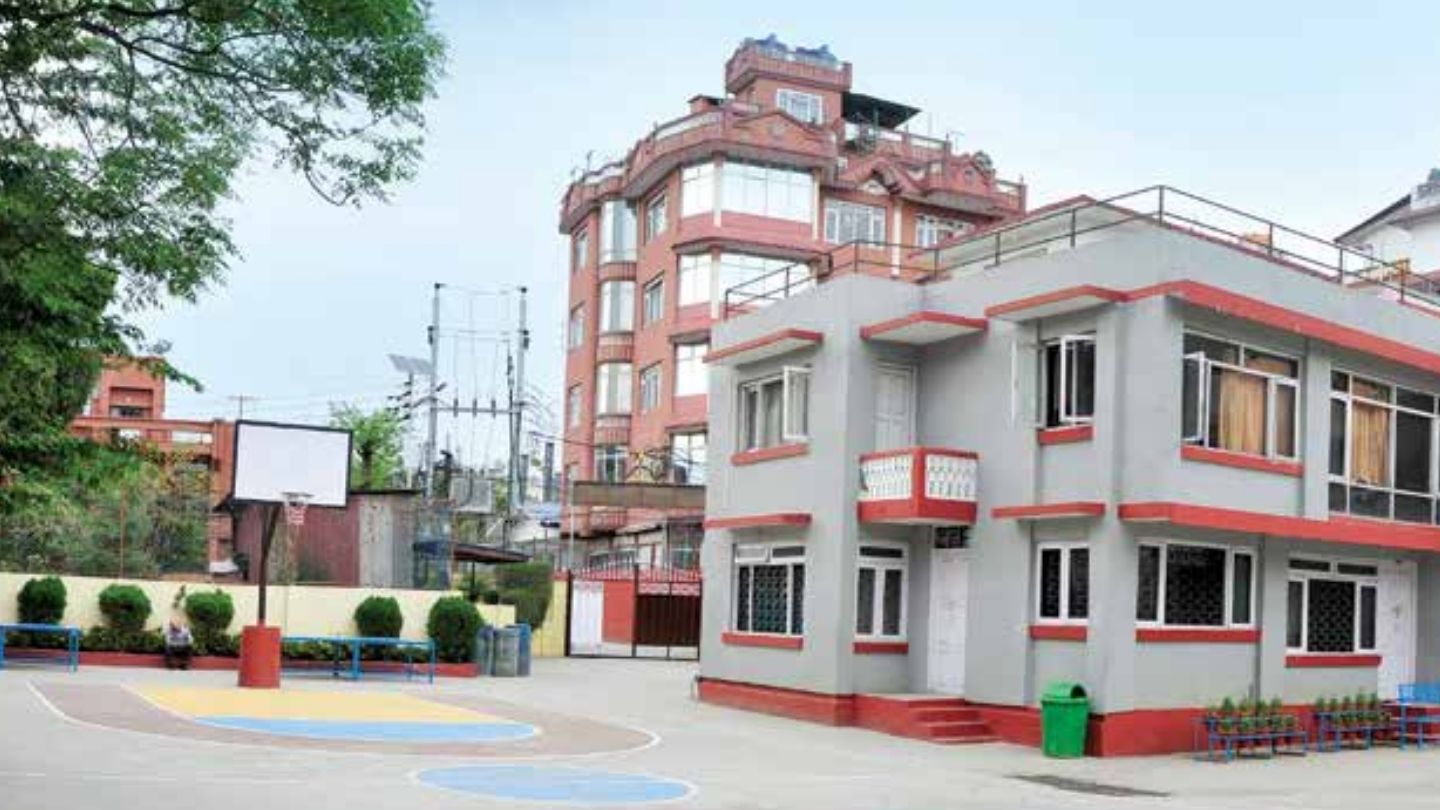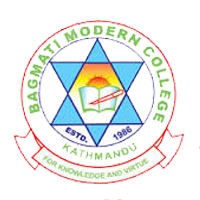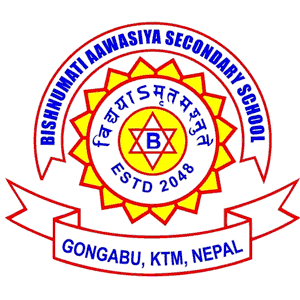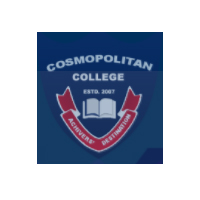Overview
Ten Plus Two (+2) Humanities at Trinity International College, Dillibazar
Ten Plus Two (+2) Humanities at Trinity International College, Dillibazar, Kathmandu, follows the NEB curriculum across two academic years.
The stream centers on social sciences, languages, and applied humanities with structured reading, writing, and field-linked tasks.
External board examinations are conducted by NEB within the national schedule.
Students aiming for social science, media, psychology, development, literature, and public service pathways use this route to build a writing and analysis foundation.
Subject choices are finalized each intake to match interests and future university requirements. Routines balance lectures, seminars, tutorials, and periodic assessments.

Highlights
-
Affiliation: NEB (+2 Humanities)
-
Location: Dillibazar Height, Kathmandu
-
Duration: Two academic years (Grade XI and XII)
-
Core Study Areas: Sociology, Psychology, Rural Development, Population Studies, English/Nepali, optional Mathematics/IT/Media-related subjects as offered
-
Assessment: Internal tests and assignments; external NEB board exams
-
College Context: Library access, writing workshops, counseling, and result meetings on campus
Curriculum Details
Structure and Study Pattern
-
Grade XI introduces core social science concepts, research basics, and academic writing conventions.
-
Grade XII extends into applied areas and prepares students for board examinations and university entry.
-
Teachers sequence topics into manageable units with reading lists and short writing tasks.
-
Classwork includes text analysis, case notes, presentations, and quick tests.
-
Field-linked activities may include brief observations, interviews, or surveys under guidance.
-
Students maintain a reading log and a writing portfolio for feedback cycles.
Typical Subject Combinations
-
Social Science Track: Sociology, Psychology, English/Nepali, and Population or Rural Development
-
Media and Communication: English, Sociology, optional Media/IT subject where available
-
Policy and Development: Rural Development, Sociology, Population Studies, and English
Final offerings depend on timetables and intake-specific approvals. Counseling helps align choices with bachelor-level aspirations.
Internal Monitoring and Board Alignment
-
Internal: Unit tests, terminal exams, essays, presentations, and portfolio checks
-
Board: NEB examinations at the end of Grade XII
-
Feedback: Rubrics and mark-based reviews to improve structure, clarity, and evidence use
Objectives
-
Build conceptual understanding in core social sciences and humanities.
-
Strengthen reading, critical thinking, and structured writing suitable for timed examinations.
-
Prepare students for bachelor-level study that values analysis, argument, and documentation.
Scope
-
+2 Humanities results support admissions to BA programs in Sociology, Psychology, Rural Development, English, Mass
-
Communication/Journalism, Social Work, and related fields.
-
Students interested in civil service or development roles plan bachelor choices and certifications accordingly.
Learning Outcomes
-
Explain key theories and concepts using discipline-appropriate terms.
-
Read critically, take notes efficiently, and identify relevant evidence.
-
Write essays and responses with clear introductions, development, and conclusions.
-
Present short talks and visual summaries aligned to time limits.
-
Apply basic research steps—question framing, simple tools, and ethical awareness.
Skill Development Modules
-
Academic Reading: Skimming, scanning, annotation, and synthesis
-
Writing Practice: Paragraph unity, cohesion, citation basics, and argument structure
-
Quantitative Literacy (where selected): Introductory statistics and data interpretation
-
Presentation and Media Skills: Slides, handouts, and concise briefings
-
Field Awareness: Observation notes and short reflections linked to local contexts
Teaching Methodology
-
Classes use lectures, seminars, writing workshops, and supervised study periods.
-
Teachers provide weekly goals and quick checks for understanding.
-
Peer review and rubric-based marking help refine drafts.
-
Parents/guardians receive updates during result and feedback days.
Admission Requirements
-
Academic Eligibility: SEE or equivalent secondary qualification recognized for NEB Humanities
-
College Steps: Application form, document verification, placement test or interview as announced, offer letter, and enrollment within the stated window
-
Subject Selection: Counseling to align combinations with university prerequisites and student interests
Applicants prepare transcripts, character and migration certificates (if applicable), photographs, and identification for verification. Scholarship applicants attach required documents within the published deadline.
Career Opportunities
+2 Humanities graduates progress to bachelor programs and later move into roles related to social research assistance, media support, program coordination, and community engagement after degree completion and relevant eligibility steps.
The writing and communication base supports early internships and campus activities.
Scholarships and Financial Aid
-
Entry-Based: GPA/grade-linked awards at admission where published for the session
-
Progress-Based: Provisions tied to term results, attendance, and conduct per current rules
-
Documentation: Scholarship forms with supporting evidence submitted within the stated window
Exact categories, thresholds, and seat limits are announced each intake.
Why Choose This Course?
-
The +2 Humanities route builds reading, writing, and analysis skills through steady practice.
-
Consistent feedback and portfolio work prepare you for board examinations and university assignments.
-
On-campus supports—library access, writing sessions, counseling—help maintain momentum across two years.
Conclusion
Ten Plus Two (+2) Humanities at Trinity International College provides a structured path for students targeting social sciences and humanities at the bachelor level. The program balances reading, writing, and applied tasks with assessments aligned to NEB requirements and future academic goals.
FAQ
How many subjects are typical in +2 Humanities?
Students study language papers and two or more social science subjects, plus an optional as permitted.
Can Mathematics be taken with Humanities?
Mathematics is available as an option in some combinations if timetables allow and prerequisites are met.
Are there practical components?
Humanities focuses on reading and writing; some subjects include field-linked tasks or small surveys.
How often are internal tests held?
Unit tests and terminal exams run through the year, along with essay and presentation checks.
What if I plan for Journalism or Social Work?
Select combinations that strengthen writing, sociology/psychology, and research basics, then review bachelor prerequisites for the target program.























